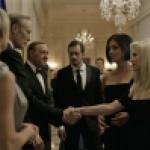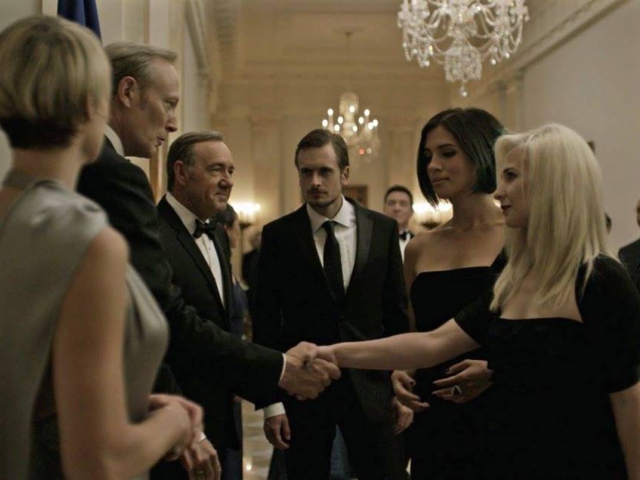- English
- Русский
Political Conflicts: Media Strategies and Construction of Multiple Realities. America vs Russia. Kitchen Talk 2

Political Conflicts: Media Strategies and Construction of Multiple Realities (America vs Russia)
Join us for TOK's second roundtable discussion in Flux Factory's kitchen. It will be a semi-formal talk amongst speakers and attendees on TOK's research of the role and strategies of media within global political conflicts, starting from the era of the Cold War till nowadays.
The conversation will revolve around the processes of news construction and design in the media today. Also, how audiences' opinions are being formed and shaped by ideologically charged media information and what strategies governments use in order to create a certain image/view of a political or social event for viewers. Are there alternative sources of information? What are ways to stimulate a critical approach amongst viewers to mainstream media sources when we are presented with very convincing (but misleading) information? The talk will gather journalists, filmmakers and scriptwriters interested in the Cold War era, covering the political processes of today.
Speakers will also discuss their own artistic practices and professions. Inspired by the 'House of Cards' Netflix TV series, TOK will analyze its portrayal of the character President Petrov (based on President Vladimir Putin).
Speaker Bios:
Stephen Duncombe is Professor of Media and Culture at the Gallatin School of Individualized Study and the Department of Media, Culture and Communications at the Steinhardt School of New York University. He is currently co-founder and co-director of the Center for Artistic Activism (http://artisticactivism.org/), a research and training institute that helps activists to think more like artists and artists to think more like activists.
Mark Boswell is an artist and filmmaker whose been interested in the USSR/Russia and USA relations through his practice. His films USSA: Secret Manual of the Soviet Politburger (2001), Agent Orange (2002) and upcoming Nova Conspiracy are based on stereotypes, collective memories and archival materials on Russia and the US in times of the Cold War which he bridges with contemporary political situation.



